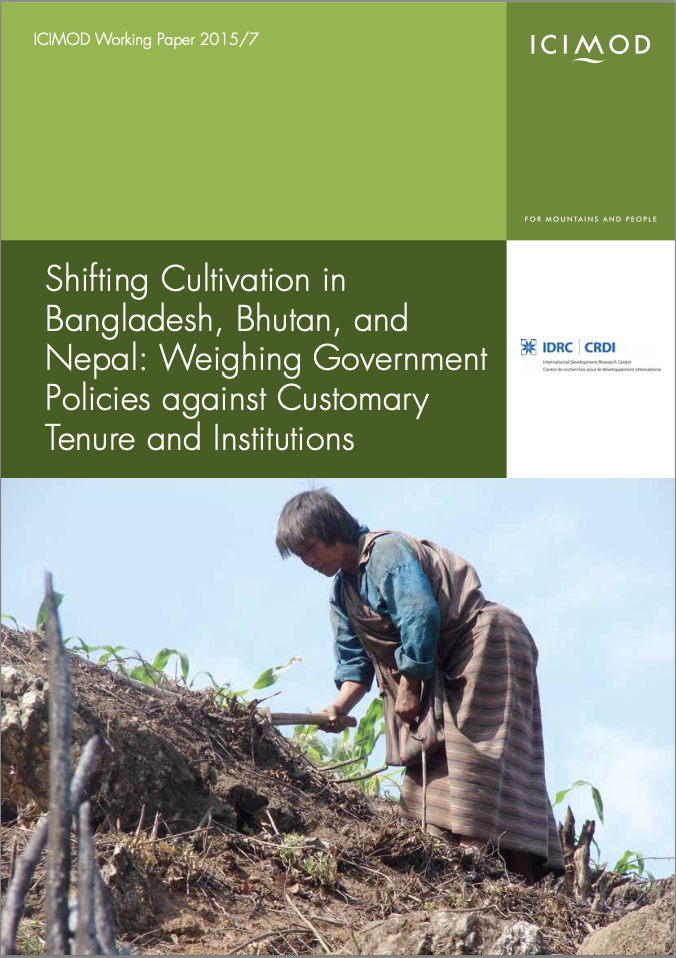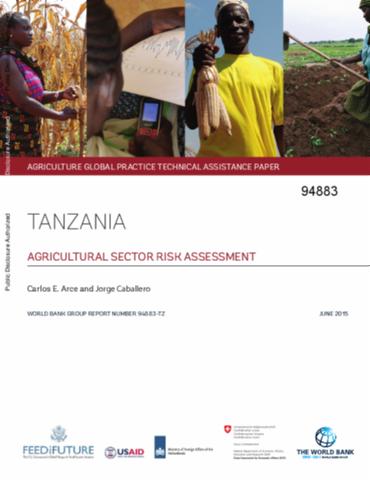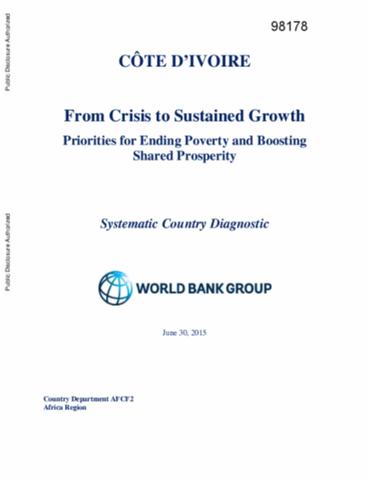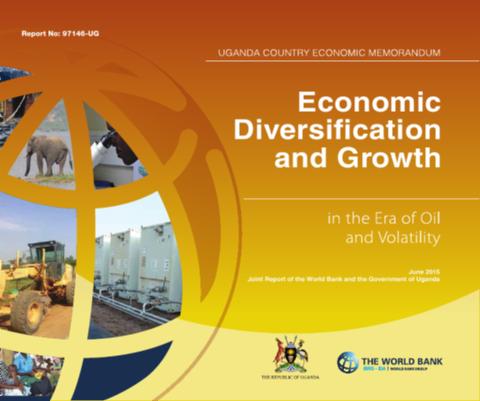Between capital investments and capacity building—Development and application of a conceptual framework towards a place-based rural development policy
Within the debate about rural development policy (RDP), there has been increasing call for a stronger territorial focus emphasising the potentials, resources and demands of regions. Investments in territorial capital and regional capacity building have been considered as the two main cornerstones of a place-based approach to rural development (OECD, 2006). On the basis of an analytical literature review, we developed a framework to operationalise a place-based approach of RDP.










